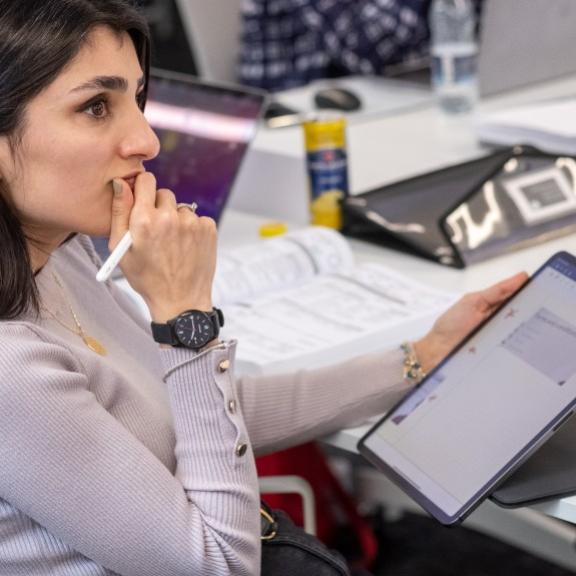Complaints
All BIID professional members are required to abide by the BIID Code of Conduct.
Whilst we demand high standards of professionalism from our members, we recognise that occasionally a member of the Institute may breach this Code. If you feel that one of our members has breached the Code and wish to make a formal complaint, all complaints received are dealt with in accordance with our Complaints Procedure.
Complaints Procedure
Complaints Form
If you have any questions about any aspect of the Complaints Procedure please email info@biid.org.uk.
Explore new resources from the BIID. Seeing a padlock? Just login or become a member to view.
Discover how CPD can benefit your business
Explore the latest, member-exclusive, templates designed to make your life easier.


